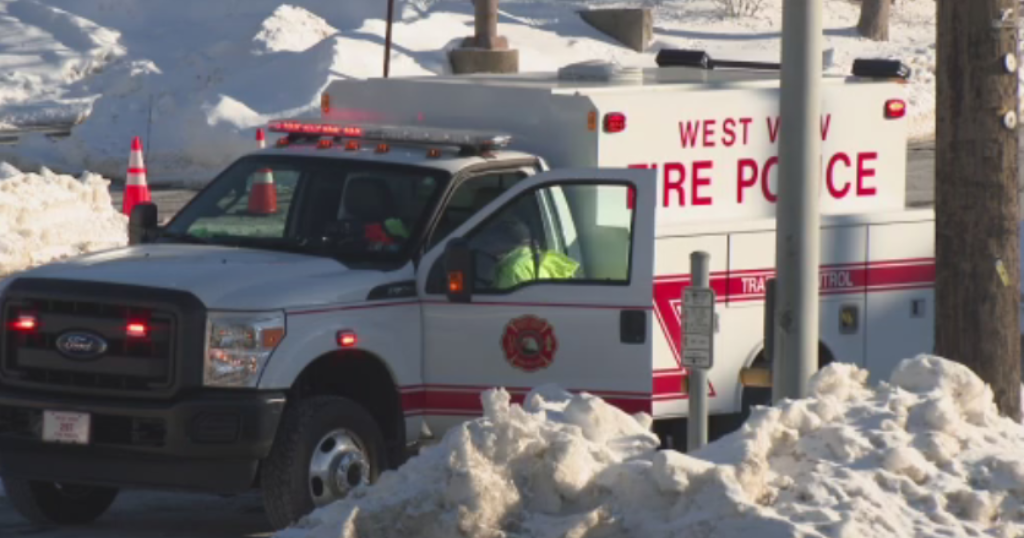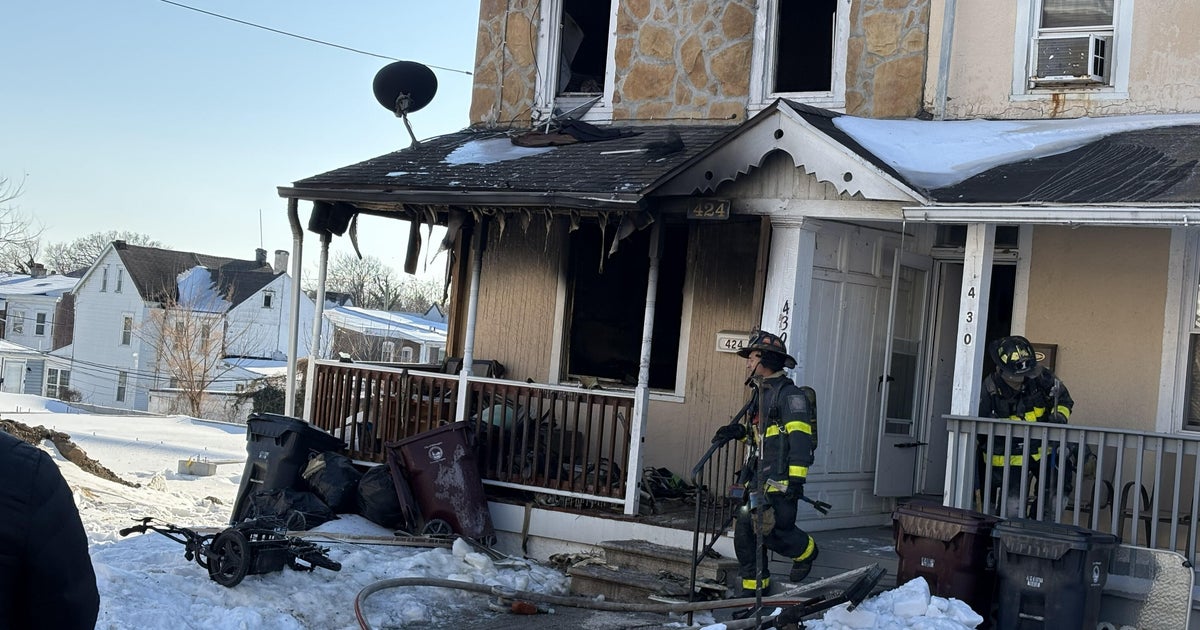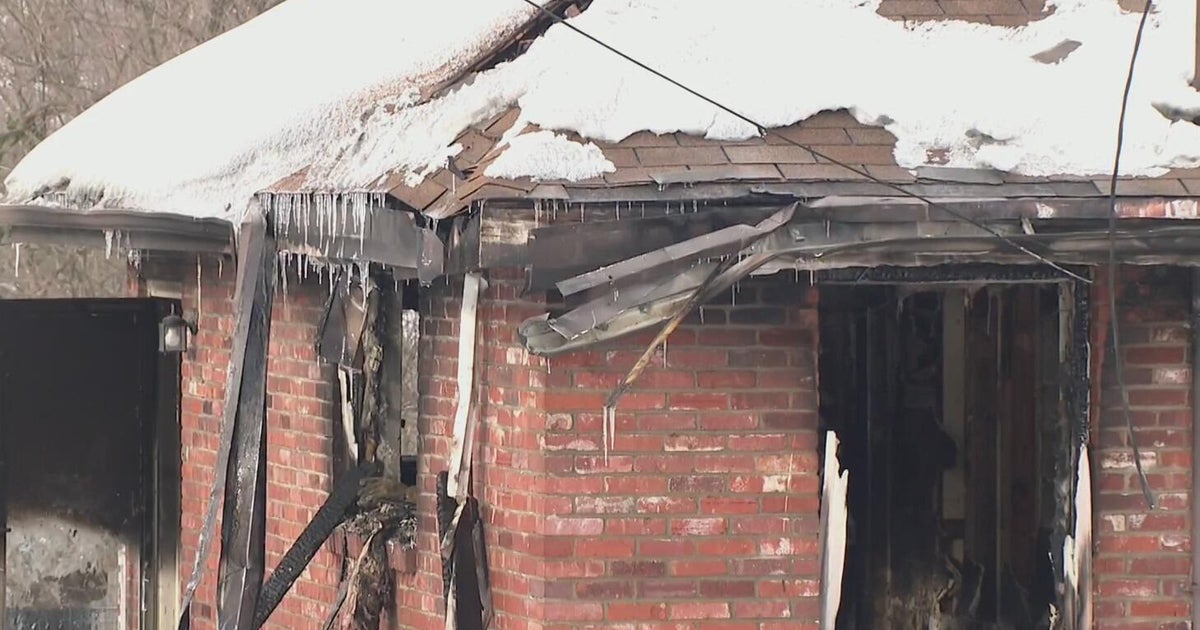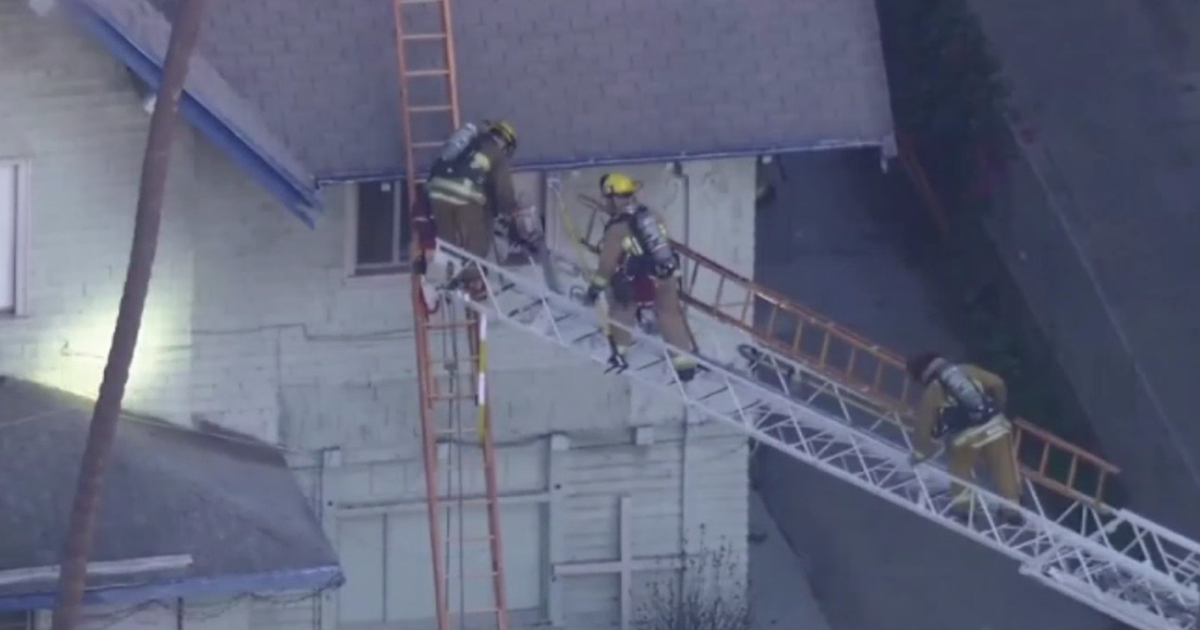City Fire Officials Considering Sprinkler Requirements In All Buildings
PITTSBURGH (KDKA) -- The Midtown Towers fire, which started in Mary Robinson's apartment, claimed her life and quickly spread to several floors of the Downtown building.
But Pittsburgh Fire Bureau Chief Darryl Jones says a sprinkler system could have prevented all of it.
"If you can stop a fire in its early stages with sprinkler, less damage, save the lives of the occupants of the building, less risk to my firefighters," said Chief Jones.
The Fire Bureau is now considering requiring all residential and office buildings to have full sprinkler systems.
It's something that could cost a building owner hundreds of thousands of dollars. Somewhat surprisingly though, the Building Owners and Managers Association, or BOMA, says it's open to the idea.
"It is cost prohibitive, but the cost of life far outweighs the dollar sign," said Mike Embrescia, of BOMA.
Under existing state and local fire codes, new building and building undergoing extensive renovations must be equipped with full sprinkler systems. But older buildings are grandfathered, meaning sprinklers are not required in any building constructed before 1990.
Embrescia says the building owners would need to convince their tenants that sprinklers are a necessity.
"The tenant is most likely going to be paying for that. I don't see that as a problem, but they have to be willing to accept that," he said.
A sprinkler requirement is still in the exploratory stage, but in the meantime the fire bureau is taking an inventory of all tall buildings to see which contain sprinkler systems and which don't. By feeding this information into a mobile terminal, responding firefighters will know what awaits them.
"The thought is that with this inspection program, we'll be able to digitize this and the company officers will be able to retrieve this information in the rig while he's on route to the call."
Join The Conversation On The KDKA Facebook Page
Stay Up To Date, Follow KDKA On Twitter
It's not clear at this point if Pittsburgh could change its own fire codes to require sprinklers, or if action would be needed on a state level.
While he concedes that costs will be high, Chief Jones says the long range benefits make good business sense.
"If the building's going to stay occupied for another 50 to 60 years, what is going to be your return on an investment like that," he said.






